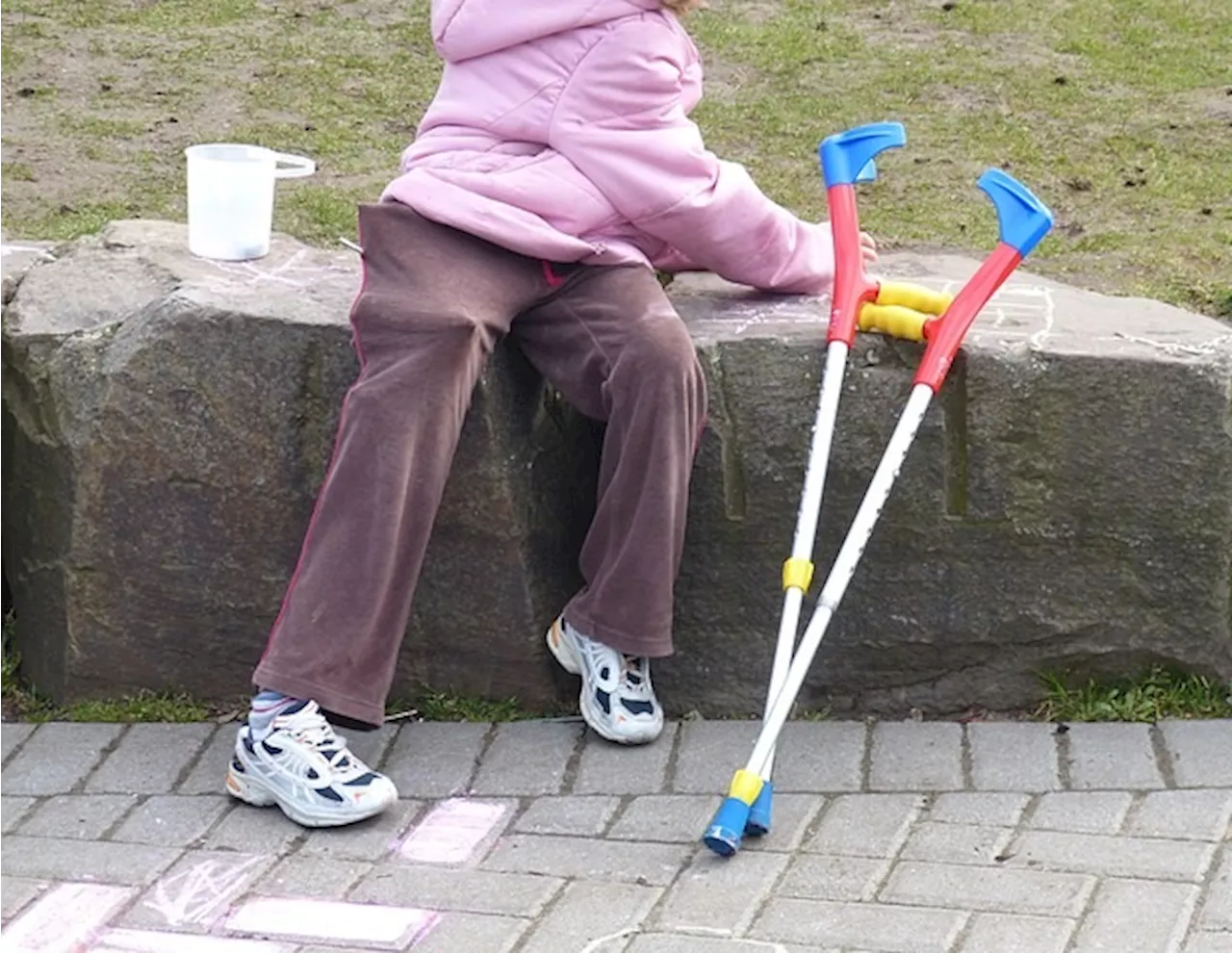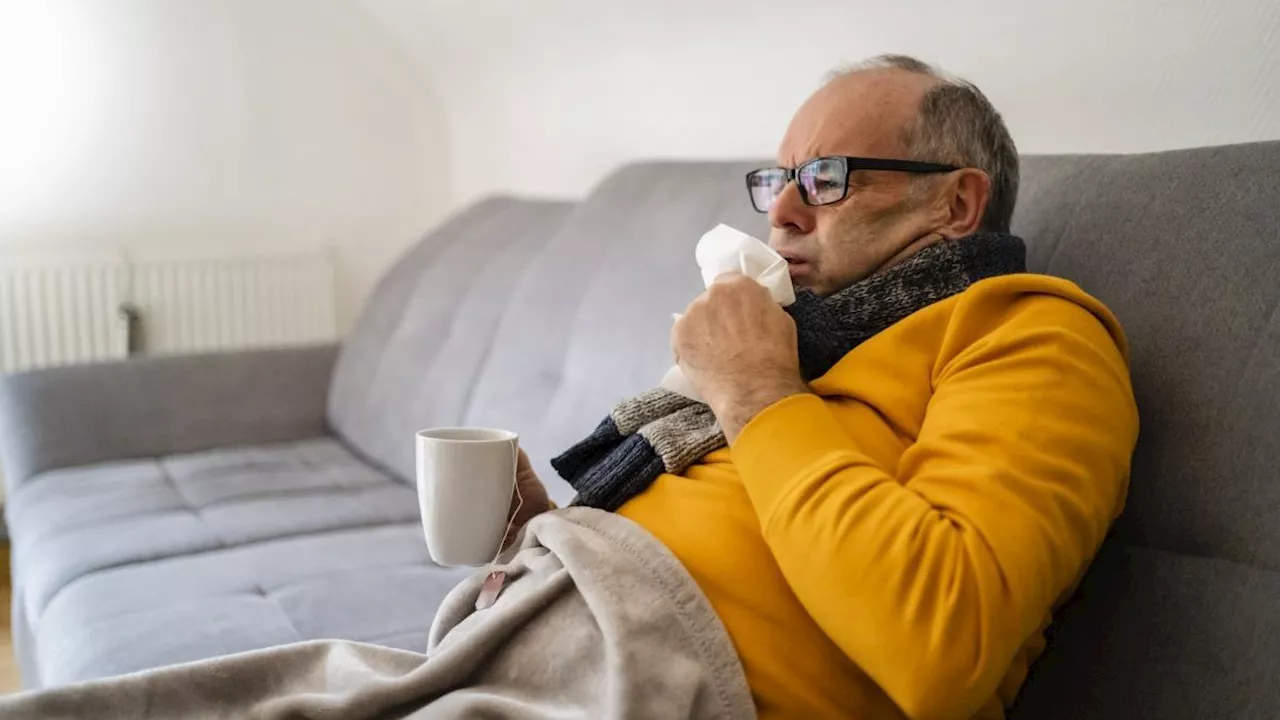A new University of Michigan study finds that counties with higher internet access experienced significantly lower COVID-19 mortality rates during the summer and early fall of 2020. The research highlights the critical role of internet access as a social determinant of health during public health emergencies.
A recent study conducted by the University of Michigan has revealed a striking correlation between internet access and COVID-19 mortality rates in the United States during the summer and early fall of 2020. The research, published in SSM-Population Health , indicates that counties with higher broadband connectivity experienced a significantly lower death toll from the virus.
On average, counties with robust internet access witnessed 48%-53% fewer new COVID-19 deaths and 19%-34% fewer new COVID deaths per 100,000 residents compared to counties with limited internet penetration. Furthermore, the study demonstrated that residents in counties with higher internet access reported a higher adherence to mask-wearing practices in July 2020, and these areas also observed fewer new COVID-19 cases reported between July and October of the same year. Spencer Allen, the lead author of the study and a doctoral student in sociology at the University of Michigan, expressed his astonishment at the magnitude of the difference internet access made in mitigating the impact of the pandemic. He noted that very few studies have investigated the relationship between internet access and COVID-19 outcomes in the United States, making this research particularly significant.This study contributes to a growing body of evidence highlighting the critical role of internet access as a social determinant of health, particularly during public health emergencies. In 2020, broadband connectivity served as an invaluable lifeline, providing access to crucial information regarding protective measures such as masking, social distancing, and symptom recognition. Despite the internet's potential for spreading misinformation, Allen's research emphasizes its overall positive influence during the pandemic, linking it to lower COVID-19 case and death rates. The internet facilitated remote work, reduced exposure to crowded spaces, and enabled timely access to medical care. It also empowered millions to adapt swiftly to online work, education, telehealth, and social connections. Allen, who is also a graduate trainee in the Population Studies Center at the Institute for Social Research, remarked on his own experience, stating that he, like many Americans, first learned about COVID-19 and preventive measures online. However, he also recognized that not everyone had access to the internet, prompting his research question: Did areas with higher internet access fare better during the pandemic compared to regions with lower access?
INTERNET ACCESS COVID-19 MORTALITY HEALTH OUTCOMES SOCIAL DETERMINANTS OF HEALTH
United Kingdom Latest News, United Kingdom Headlines
Similar News:You can also read news stories similar to this one that we have collected from other news sources.
 Finland boards Russian-linked oil tanker after undersea power and internet cables cutPolice in Finland are investigating what they called 'grave sabotage' and have taken command of Eagle S, an oil tanker believed to belong to a so-called shadow fleet of ageing tankers which seek to evade Russian sanctions.
Finland boards Russian-linked oil tanker after undersea power and internet cables cutPolice in Finland are investigating what they called 'grave sabotage' and have taken command of Eagle S, an oil tanker believed to belong to a so-called shadow fleet of ageing tankers which seek to evade Russian sanctions.
Read more »
 Warning as major network provider set to shut down mobile internet accessO2 is gearing up to switch off its 3G service later this year, leaving older handsets without web access.
Warning as major network provider set to shut down mobile internet accessO2 is gearing up to switch off its 3G service later this year, leaving older handsets without web access.
Read more »
 COVID-19 Infection Not Linked to Worsening MS SymptomsA new study published in Neurology® found that having a COVID-19 infection is not associated with worsening multiple sclerosis (MS) symptoms or disability.
COVID-19 Infection Not Linked to Worsening MS SymptomsA new study published in Neurology® found that having a COVID-19 infection is not associated with worsening multiple sclerosis (MS) symptoms or disability.
Read more »
 China Sees Surge in HMPV Pneumonia Cases, Linked to Covid Immunity DebtA recent rise in HMPV pneumonia cases in China has sparked concerns about the impact of Covid-19 lockdowns on population immunity. Scientists suggest that the reduced social mixing during the pandemic led to a decrease in exposure to various pathogens, resulting in a higher susceptibility to infections as social interactions resumed. This phenomenon, known as immunity debt, may explain the surge in cases of HMPV and other respiratory illnesses.
China Sees Surge in HMPV Pneumonia Cases, Linked to Covid Immunity DebtA recent rise in HMPV pneumonia cases in China has sparked concerns about the impact of Covid-19 lockdowns on population immunity. Scientists suggest that the reduced social mixing during the pandemic led to a decrease in exposure to various pathogens, resulting in a higher susceptibility to infections as social interactions resumed. This phenomenon, known as immunity debt, may explain the surge in cases of HMPV and other respiratory illnesses.
Read more »
 COVID-19 infection linked to increased cases of ME/CFSNew findings from the National Institutes of Health's (NIH) Researching COVID to Enhance Recovery (RECOVER) Initiative suggest that infection with SARS-CoV-2, the virus that causes COVID-19, may be associated with an increase in the number of myalgic encephalomyelitis/chronic fatigue syndrome (ME/CFS) cases.
COVID-19 infection linked to increased cases of ME/CFSNew findings from the National Institutes of Health's (NIH) Researching COVID to Enhance Recovery (RECOVER) Initiative suggest that infection with SARS-CoV-2, the virus that causes COVID-19, may be associated with an increase in the number of myalgic encephalomyelitis/chronic fatigue syndrome (ME/CFS) cases.
Read more »
 MP Urges Internet Providers to Block 'Horrific' Suicide WebsiteAn MP has called on internet service providers to block access to a website linked to 50 suicides in the UK, criticizing some companies' responses as inadequate.
MP Urges Internet Providers to Block 'Horrific' Suicide WebsiteAn MP has called on internet service providers to block access to a website linked to 50 suicides in the UK, criticizing some companies' responses as inadequate.
Read more »
